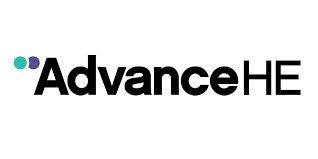HEI Governance relies heavily on navigating compliance and audit elements, along with independent, strategic oversight. Adhering to the Nolan Principles, our aim is to support executive decision-making, without venturing into operational aspects. We’re guided by codes of practice encompassing challenge, financial scrutiny, plus grounding our decisions to act in the best interests of the Institution, Stakeholders, and wider community.
The complexities of both internal and external ecosystems in HEIs, might be absent in other private/public sector business models, i.e. a sector challenged by a fast-moving policy/regulatory landscape, peppered with some scepticism towards the role HE has in society. Therefore, a Board’s ability in adapting to urgent, and long-term decision-making, requires open-minded opinions.
While each lay member adds their unique value, remaining razor-sharp when faced with quantitative and qualitative measures, board culture becomes an intricate dance of rhythm, for resilience and expansion, merged with meaningful engagement. Working together to seek out blind spots, without biases, can be an arduous journey. Bypassing governance oversight can have devastating effects, as seen in the repercussions of dysfunctional board dynamics continuing to surface in organisations across different sectors. Board culture might collapse under a mixture of decision paralysis, ego dominance, tokenism, and ignoring ineffective leadership. Power imbalance, inequality, a lack of curiosity, or simply a monoculture of homogeneity can perniciously derail an institution, potentially losing a number of underrepresented voices, who may have found it difficult to speak out in the first place.

